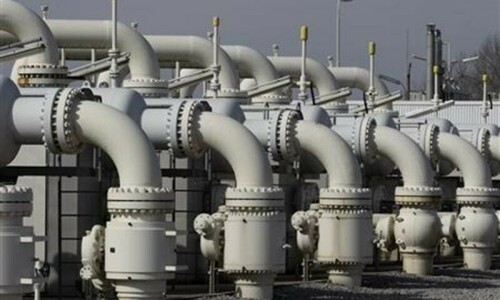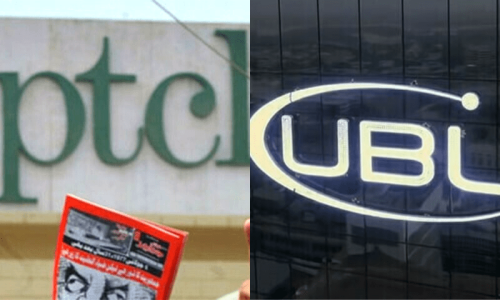KARACHI: Engro Corporation Ltd said on Tuesday it has completed a buyback exercise worth Rs11.6 billion, which began on Feb 3, at spot prices prevailing on the Pakistan Stock Exchange (PSX).
The 39.5 million shares that the company has recouped from the stock market in a little less than six months will now be cancelled to improve the earnings per share of the company.
The practice of listed firms buying back their shares is becoming increasingly popular. The total number of shares goes down once a company conducts a share buyback. As a result, its break-up value and profit per outstanding share improve along with many other key financial indicators.
The conglomerate with stakes in power generation, fertiliser, food, chemicals and commodities bought back 6.8 per cent of its shareholding from the stock market at a weighted average price of Rs293.60 per share. In dividend-adjusted terms, the average price comes to Rs252.90 per share. According to Arif Habib Ltd CEO Shahid Ali Habib, the transaction marks the largest share buyback held on the PSX.
The company used the funds from its “distributable profits” for the transaction. The soon-to-be-cancelled shares consist of 13.7pc of the company’s free float, which is the shareholding that’s in the hands of public investors as opposed to the locked-in shares held by the sponsors.
The total number of outstanding shares of Engro Corporation will reduce to 536.6m from 576.1m after the cancellation of the bought-back shares.
Engro Corporation has become the sixth company to have completed its share buyback exercise in the last year and a half. Earlier, Maple Leaf Cement Factory Ltd, NetSol Technologies Ltd, JDW Sugar Mills Ltd, Bank Alfalah Ltd and Lucky Cement Ltd also carried out their share repurchases.
The companies that are in the middle of their buyback exercises are Kohat Cement Ltd, Kohinoor Textile Mills Ltd, Synthetic Products Enterprises Ltd, Habib Bank Ltd and Lucky Cement Ltd, which is undertaking a second round of share repurchases.
Recent changes in the share buyback regulations seem to have encouraged the practice, which is equally popular in developed markets. These changes were introduced via an amendment to the Companies Act 2017 on Dec 4, 2021.
Now the repurchase can only be made through the stock exchange based on the prevailing share price. This is different from the previously allowed method of a tender offer, which involved a company asking stockholders to sell its shares for a specific price at a predetermined time.
Critics say buybacks discourage share price discovery by reducing the number of shares available for trade in the open market.
Moreover, companies burn their “distributable profits” to carry out such transactions. The same accumulated cash would otherwise be used for either dividend payments or business expansion.
Therefore, the government ends up either losing the tax it would’ve collected on dividend disbursement in the first case or compromising the future economic activity in the second instance.
Published in Dawn, July 26th, 2023














































Dear visitor, the comments section is undergoing an overhaul and will return soon.